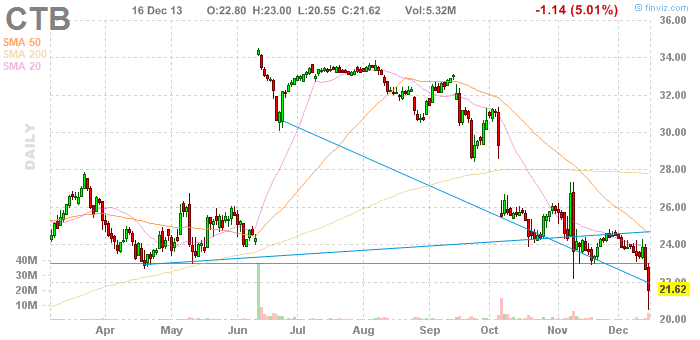Ran across a couple of interesting posts on research in finance.
First, the difference between science and magic:
Magic is based on belief in a set of rituals. A person will only consult a magician if they have faith in the actions that the magician will perform. Science is not based on belief in its theorems, the equivalent of magic’s rituals, but on a belief in the process by which science is created.
Second, the need for scientific research to be conducted in the open:
For science to be reputable and maintain a divide with magic, it needs to be carried out, like religion, in the open. As soon as either science or religion takes place out of the public arena, they risk degenerating into magic.
Third, research in finance is devolving into magic, because it is conducted behind closed doors:
The science, the mathematics, is not being used to enlighten finance but to obscure its practices. Recently the report on J.P. Morgan’s London Whale revealed how tweaking their model, the bank could reduce their apparent exposure from around $40 billion to $20 billion. The Whale report highlights how finance is actually more committed to ‘rituals’ around risk management than the ‘science’ of risk management, and this seems to be facilitated by mathematics.
Fourth, the incumbent gatekeepers will have none of the openness:
Reed Elsevier, which owns many of the most prestigious research journals in the world, has been sending mass research takedown notices to everyone from startups like Academia.edu to individual researchers and universities. They want final articles need to be “readily discoverable and citable via the journal itself.” They’ve been asking researchers to take down their work.
Fifth, it is not enough to just make papers public, but also the underlying data in a machine-readable format:
Reinhart and Rogoff wrote in their 2010 paper that average annual growth was -0.1% in countries with episodes of gross government debt equal to 90% or more of GDP between 1945 and 2009. This was picked up by politicians to push an austerity driven fiscal policy. But it turned out that the researchers had made some Excel errors. Krugman went so far as to say that it was excluded on purpose because those rows contained data for high-debt countries with decent growth immediately after World War II, which would have greatly weakened their result.
So the only way research can be scientific is for it to be open. But incumbent businesses want to force it behind pay-ways. The way this works out is going to be a big deal.
Source:
Is finance guided by good science or convincing magic?
Elsevier’s Research Takedown Notices Fan Out To Startups, Harvard, Individual Academics
Reinhart, Rogoff, and the Excel Error That Changed History
Holy Coding Error, Batman







